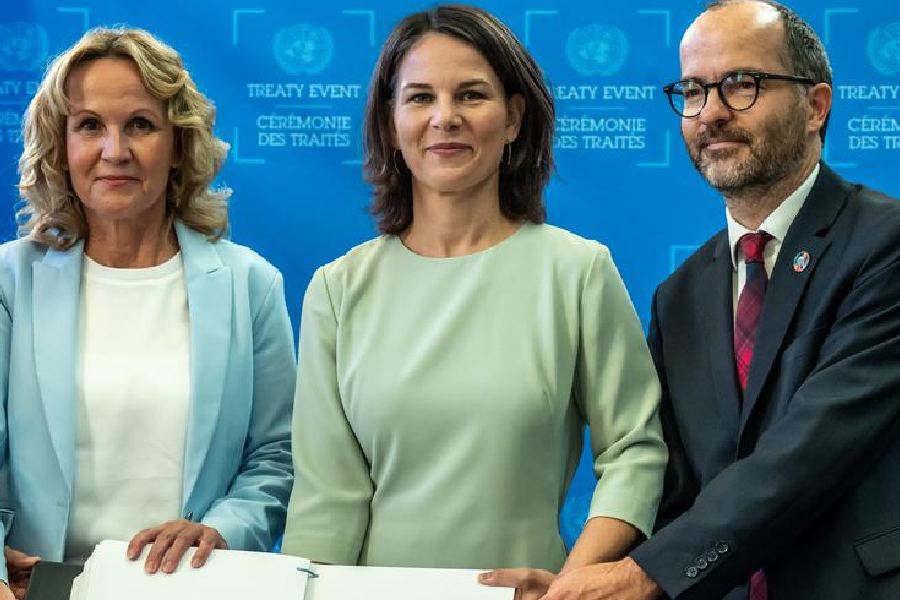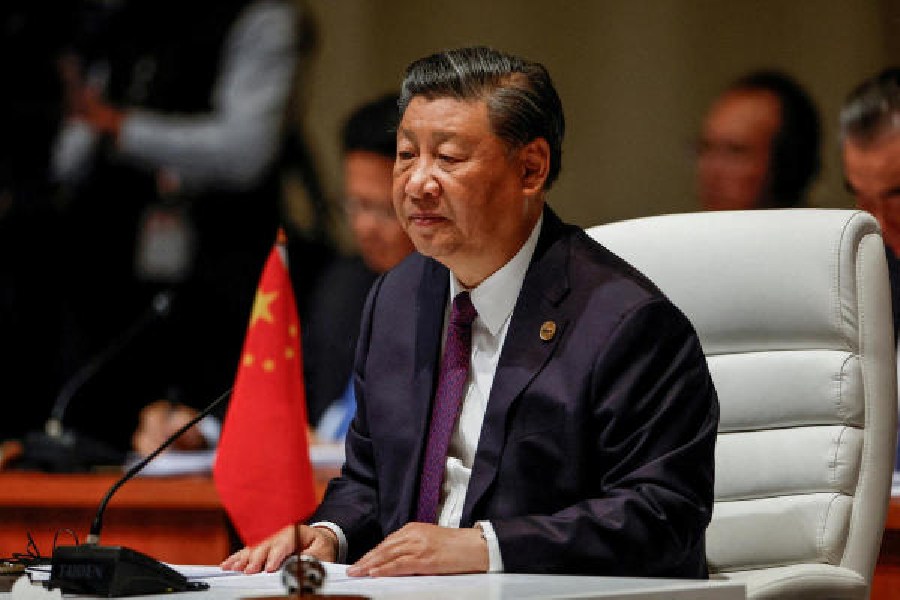German Foreign Minister Annalena Baerbock and Environment Minister Steffi Lemke signed High Seas Treaty on Wednesday, on the sidelines of the United Nations General Assembly.
The UN adopted the treaty in June as the basis for the designation of large environmentally-protected areas on maritime areas that fall outside the control of individual countries.
What the two ministers said
Baerbock said the treaty was "a glimmer of hope for the world's oceans, a glimmer of hope for the people of this world, but also a glimmer of hope for the United Nations."
She said the high seas had previously been "de facto a lawless area," but added, "That's changing now."
Lemke, who like Baerbock is a lawmaker for the Green Party, described the signing as a "historic day for the protection of the seas."
The environment minister welcomed the fact that there are now, for the first time, rules to protect biodiversity in the world's oceans.
"We depend on healthy oceans to combat the climate crisis, the pollution crisis and the species extinction crisis," explained Lemke.
"Protected areas on the high seas" must now be designated "quickly in order to place 30% of the world's oceans under strict protection."
Joining the two politicians for the ceremony was Germany's Federal Government Commissioner for the Sea, Sebastian Unger.
What is the High Seas Treaty?
For the first time, the international agreement provides protection for areas outside the exclusive economic zones of individual countries.
The treaty stipulates that activities such as the extraction of mineral resources on the high seas must be preceded by an assessment of their environmental consequences.
More than 60% of maritime areas are outside such exclusive economic zones. To date, protection rules of varying degrees have only applied to a small part of these marine areas.
Germany was among dozens of countries to become a signatory to the treaty on Wednesday, the first day that the text for the freshly-ratified document became available.
The UN said 67 countries had signed the treaty on the same day, including the United States, China, Australia, Britain France, Mexico and the European Union as a whole.











